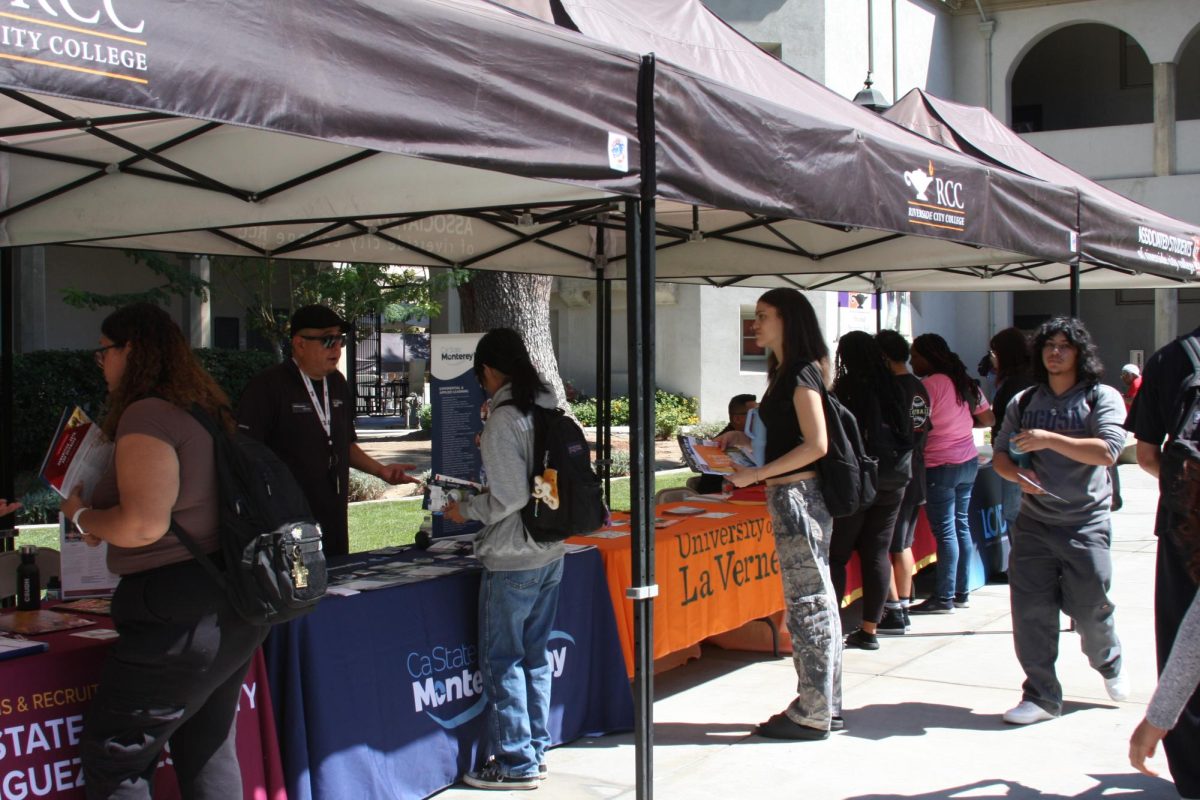By William L.G. Stephens
Serving your country is challenging to say the least. Yet, returning to civilian life afterwards for some can prove just as hard.
The harsh reality is personal sacrifices are on a different measuring scale than job experience. For those who have spent the majority of their time in the military, they are limited to what jobs or careers they can obtain once they are out.
This is why furthering your education will open up more opportunities for your future.
If you served in the U.S. Armed Forces and are looking to capitalize on those opportunities, one of the best resources out there at your disposal is the Post 9/11 GI Bill.
The qualifications for the Post 9/11 GI Bill according to the VA.gov website are as followed:
- You served at least 90 days on active duty (either all at once or with breaks in service) on or after Sept. 11 2001. Or
- You received a Purple Heart on or after Sept. 11 2001, and were honorably discharged after any amount of service, Or
- You served at least 30 continuous days (all at once, without a break in service) on or after Sept. 11 2001, and were honorably discharged with a service-connected disability, Or
- You’re a dependent child using benefits transferred by a qualifying veteran or service member.
The Post 9/11 GI Bill helps veteran students pay tuition and fees, books and supplies, as well as provides a monthly housing allowance, if you’re in school for more than halftime, based on your eligibility percentage and the cost of living in which your college resides for up to 36 months.
A common misconception for veteran students is that you must choose between financial aid or Veterans Affairs educational benefits. This is not the case as you are allowed to use both.
There are changes that veteran students should be aware of for ’22.
One of those changes is to the enrollment certification requirement. Prior to ’22 veteran students were required to certify enrollment at the end of the semester.
However, now they are required to certify at the end of every month by simply opting into text messages. Students are advised to make sure their contact info on file with the VA is correct.
In 2017 the Forever GI Bill was signed into law which states that if your service ended on or after Jan. 1, 2013 your educational benefits will not expire.
However, if your service ended before Jan. 1, 2013 then you have until 15 years after your last separation date from active service to use it, otherwise you will lose whatever benefits you have left. The time to take advantage of these benefits is now. The Riverside City College veterans center is located on the first floor of the Charles A. Kane building. for further detail. You can also visit www.va.gov/education for more information on how the Post 9/11 GI Bill can help open more opportunities for your future.













